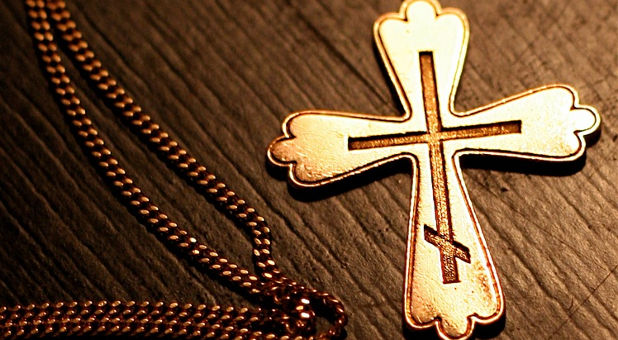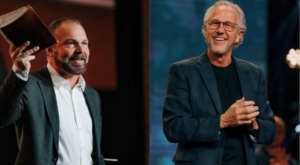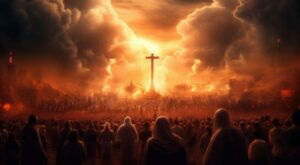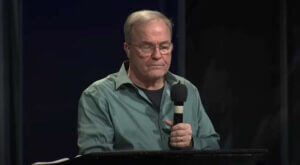The Canadian province of Quebec won’t let public servants wear Muslim headscarves, Jewish skullcaps or other obvious religious symbols under a new charter unveiled on Tuesday that is designed to cement a secular society.
The pro-independence government of the predominantly French-speaking province says its Charter of Quebec Values will help create a distinct identity for its 7.5 million people.
Opponents say it is a populist move that infringes on civil liberties in a part of Canada that has already seen years of tension over accommodation for religious minorities.
Religious groups and some political leaders oppose the Charter, which will face legal challenges at the Supreme Court of Canada, assuming the provincial legislature approves it.
Quebec’s governing Parti Quebecois is trailing in opinion polls and, with only a minority of seats in the legislature, needs support from other parties to pass legislation, casting doubt on whether the charter will survive in its current form.
The ban on crucifixes, hijabs, niqabs, burqas, turbans and the Jewish kippa headgear would apply to groups such as teachers, police officers, civil servants, hospital staff, judges and prison workers.
Official documents give the nod to discreet religious symbols, such as a small crucifix or a ring with the Star of David, but not to veils, large crucifixes or turbans.
On paper at least, the charter is more sweeping than a 2004 French law banning religious symbols in schools. France has also banned the wearing of full face Islamic veils in public.
Bernard Drainville, the Quebec minister of democratic institutions, said that if the state is neutral, then those who work for it must be neutral too.
“That’s why the government of Quebec is proposing to ban public employees from wearing ostentatious religious symbols during work hours,” he told a news conference on Tuesday.
“We’re talking about very obvious symbols … which send a clear message: ‘I am a believer and this is my religion’.”
Quebec’s drive toward a secular society contrasts with a multicultural approach elsewhere in Canada, which encourages different communities to keep their faiths and traditions.
Until the early 1960s, Quebec was heavily dominated by a Roman Catholic church that ran the health-care and education systems and wielded huge influence over public and private life.
Over the next decade, a new generation of politicians, frustrated by what they saw as the stifling influence of the church, pushed through reforms that stripped it of much of its influence.
“The rate of change has been astounding,” said Pierre Martin, a politics professor at the University of Montreal.
Yet as Catholicism’s influence waned, tensions grew over other religions. More than 10 percent of Quebec’s population is foreign-born, prompting a debate over how tolerant the province should be toward outsiders and other religious groups.
In 2007, the small Quebec town of Herouxville, in a municipal law that raised eyebrows about why it would be needed at all, said immigrants wishing to live there must not stone women to death in public, burn them alive or throw acid on them.
Drainville said institutions could apply for a five-year exemption from the charter, but gave few details. The government will unveil formal draft legislation later this year after a period of public comment.
The main opposition Liberal Party in Quebec says it will vote against the charter, while the smaller right-leaning Coalition for the Future of Quebec backs the idea, but says the document goes too far.
The political changes of the 1960s helped create the separatist Parti Quebecois, which wants Quebec to break away from the rest of Canada. Separatist governments have held two referendums on independence, in 1980 and 1995. Both failed.
Earlier this year the party backed a decision by the Quebec soccer federation to ban players from wearing turbans. The federation changed its mind after intense pressure from inside Canada and abroad.
Lamine Foura, a founder of the Maghreb Congress of Quebec—which represents immigrants from northwest Africa—asked how the state could determine what Quebec values were.
“If we exclude people from the public service because they don’t confirm to (Quebec) values, aren’t we saying indirectly that they are excluded from society?” he asked in an interview on public broadcaster Radio-Canada on Tuesday.
Reporting by David Ljunggren; Editing by Janet Guttsman; and Peter Galloway
© 2013 Thomson Reuters. All rights reserved.
See an error in this article?
To contact us or to submit an article



















